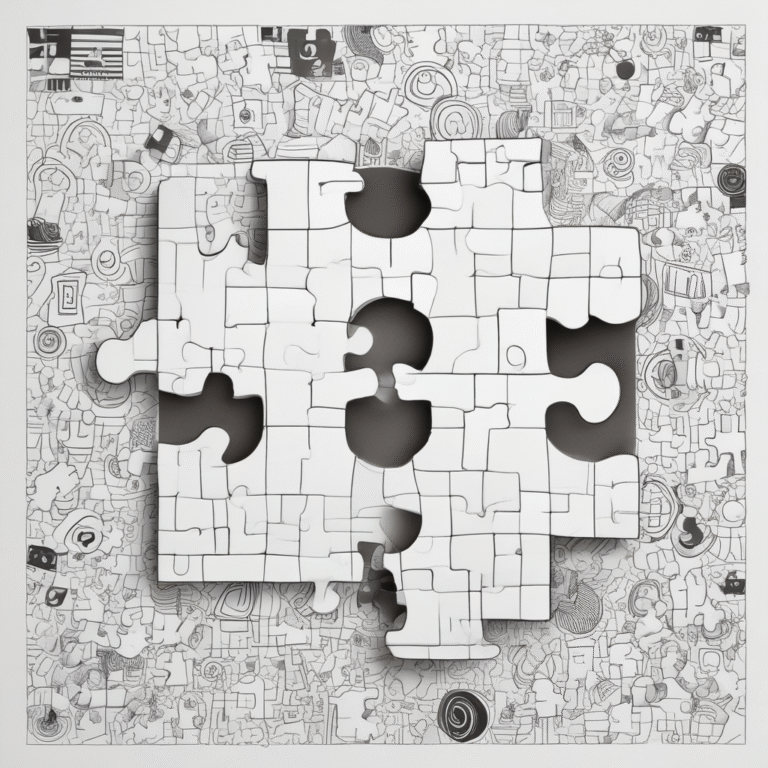Ethical Implementation of AI: Ukraine’s Regulatory Approach
In June, 14 Ukrainian IT companies established a self-regulatory organization to promote ethical practices in the implementation of artificial intelligence (AI) within Ukraine. These companies are committed to developing innovative products that align with the principles of safe AI use as outlined in the Voluntary Code of Conduct.
Other companies are invited to join this newly formed organization, provided they meet specific criteria. The IT Ukraine Association will aid in the organization’s development while the Center for Democracy and the Rule of Law (CEDEM) will serve as its secretariat.
CEDEM has adopted a bottom-up approach to AI regulation, meaning that the state will first prepare companies for standards before implementing legislation. The initial phase is focused on self-regulation.
Global Context of AI Regulation
The discourse surrounding AI regulation is not unique to Ukraine. Other regions, such as the United States, European Union, China, and Japan, have also adopted various approaches.
AI Regulation in the United States
In the U.S., ethical AI implementation has gained significant traction in recent years. Notable initiatives include the AI Bill of Rights, introduced by the White House in 2022, which outlines citizen rights related to AI:
- Protection against algorithmic discrimination
- Transparency in AI system solutions
- The option to refuse fully automated solutions
- Data security and privacy protection
Although the bill is not mandatory, it aims to guide political decisions regarding AI. Furthermore, the Executive Order on AI from 2023 established key requirements for the safety and transparency of AI technologies before their widespread adoption. Recently, President Trump has proposed a new AI Action Plan that seeks to eliminate regulatory barriers and foster American technology on a global scale.
AI Regulation in the European Union
In contrast, the European Union has taken a more stringent legislative approach. The EU AI Act, adopted in 2024, is the world’s first comprehensive law on artificial intelligence, emphasizing:
- Classification of AI systems by risk levels
- Prohibition of harmful practices, such as social scoring
- Mandatory certification for high-risk systems
- Strict liability for companies violating regulations
This framework aims to balance ethics, human rights, and innovation, although excessive regulation may hinder the growth of startups.
AI Regulation in China
China’s approach to AI regulation is characterized by government control and the use of AI as a tool for power. Regulations include state permits, censorship, and mandatory licensing. The country has proposed creating an international organization for AI cooperation, emphasizing the need for a unified regulatory framework.
AI Regulation in Japan
Japan focuses on Society 5.0, integrating digital technologies to enhance quality of life. The nation emphasizes transparency, fairness, and coexistence between humans and AI. Its regulations include AI R&D Guidelines and AI Governance Principles, outlining fundamental principles for ethical AI development.
Ukraine’s Path Forward
In June 2024, the Ministry of Digital Affairs presented the White Paper on AI Regulation, outlining a future regulatory framework for AI in Ukraine. Notably, the regulations will not apply to the military sector. In a significant move, several leading IT companies have formed a self-regulatory organization to facilitate ethical AI practices.
The organization’s objectives include:
- Promoting ethical AI use
- Implementing provisions of the voluntary code
- Monitoring compliance among members
- Fostering innovation and sharing experiences
Participating companies will report annually on their adherence to ethical AI practices, monitored by CEDEM and the IT Ukraine Association.
Challenges and Opportunities
Experts highlight the necessity of establishing clear standards and frameworks for AI to prevent unethical practices, including bias and manipulation. Companies like MacPaw and SoftServe emphasize the importance of transparency and user control over personal data, advocating for responsible AI development.
As the Ukrainian AI landscape evolves, the commitment to self-regulation marks a critical step towards building a responsible and innovative AI ecosystem while preparing for future legislative measures that align with European standards.









